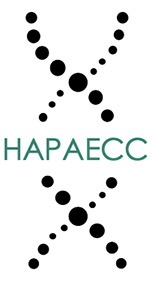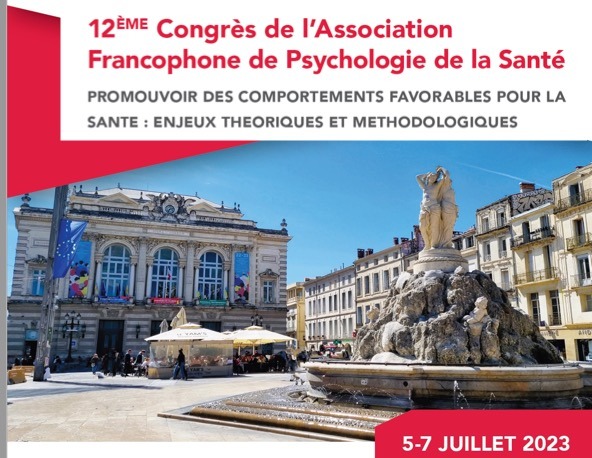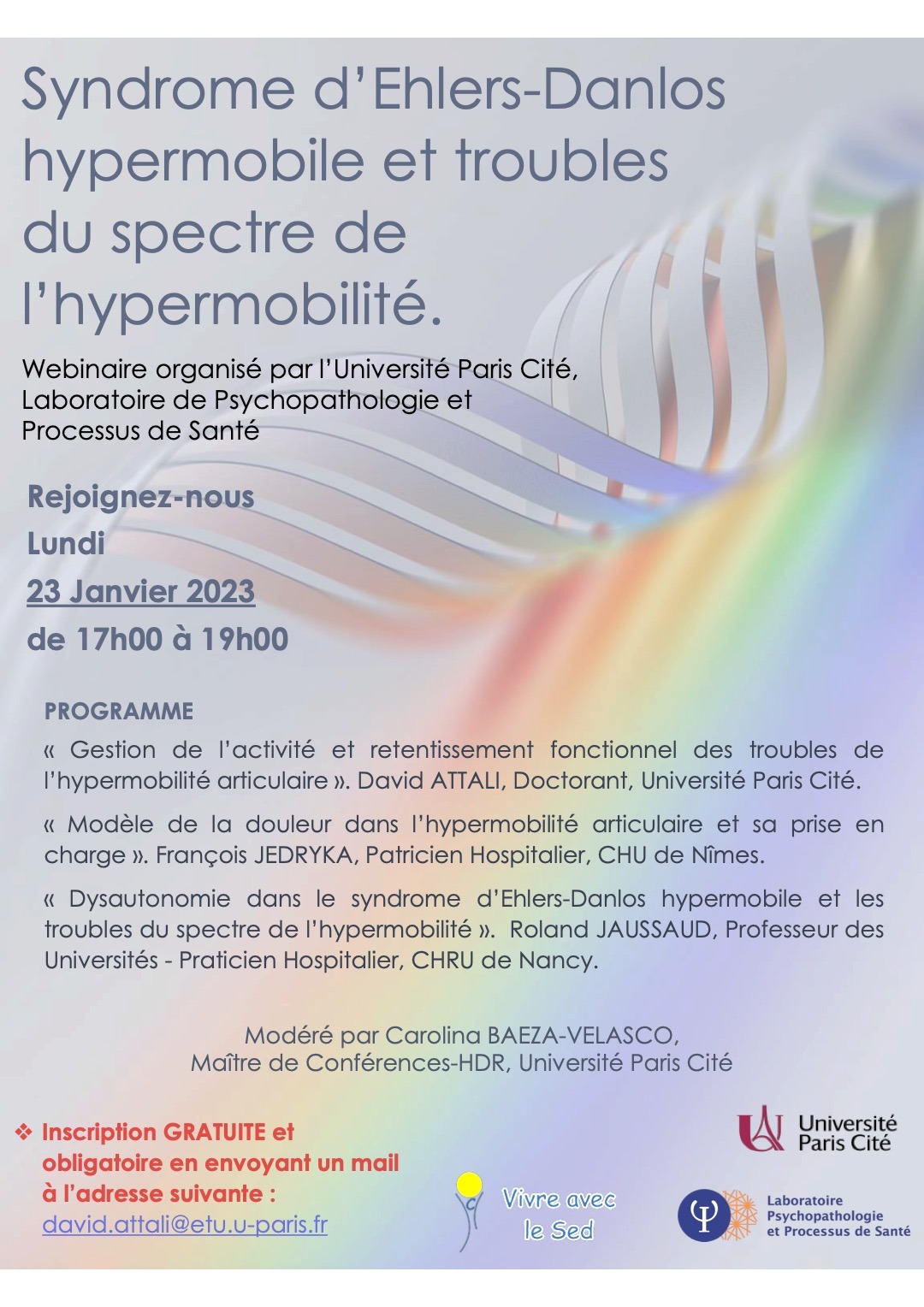
Joint hypermobility and related disorders :
studies in emotion, cognition and behavior.
Home | Team | Studies | News | Publications | Support us | Partners
Actualités

HAPAECC communication at the 15th International Congress on Nutrition and Food Studies
Sonia Lorente, researcher and coordinator of the HAPAECC research programme in Spain, attended the 15th International Congress on Nutrition and Food Studies, held at the University of Pretoria, South Africa, from 8 to 10 October 2025, representing the team. On this occasion, a paper was presented on gastrointestinal characteristics and eating patterns in women with Ehlers-Danlos syndrome. The results confirm the high frequency of gastrointestinal problems in people with Ehlers-Danlos, including food allergies and intolerances, and provide evidence of particularities in the eating habits of this specific population.

HAPAECC Presentation at the International Scientific Symposium 2025, The Ehlers-Danlos Society

HAPAECC Presentations at the 13th Congress of the Francophone Association of Health Psychology
Two studies from the HAPAECC research program were presented at the AFPSA Congress held in Toulouse (July 9–11, 2025).
Jelena Forget, in the final year of her PhD, presented during the symposium “Pain: Clinical Diversity Across the Lifespan”, chaired by Carolina Baeza-Velasco and Catherine Bungener, a talk focusing on suicide risk among individuals living with chronic pain, with particular attention to the hypermobile Ehlers-Danlos syndrome.
Camille Ribreau, a second-year PhD student, gave an oral presentation on the preliminary results of a systematic review examining psychopathology associated with Marfan syndrome, during a session entitled “Crossed Perspectives on Chronic Illnesses”, moderated by Anne-Marie Étienne.

HAPAECC Study Presentations at the 2023 AFPSA Congress
Two HAPAECC members will present preliminary results of our projects at the 12th AFPSA Congress in Montpellier. Jelena Forget will present a poster on the results of a qualitative analysis of interviews conducted with people with hEDS who have a history of suicidal behavior or thoughts (RISEDh Project).
David Attali will present results from the ACTI-HEDS study at the symposium “Acute Pain and Chronic Pain Conditions: Experience and Associated Psychological Aspects” on July 7 at the congress. The presentation, entitled “Pain and Activity Management in Joint Hypermobility Conditions: Lexicometric Analysis of Interviews,” focuses on the results of a lexicometric analysis conducted based on interviews conducted in the ACTI-HEDS study. The aim of these analyses is to improve knowledge of the subjective aspects playing a role in the adoption of dysfunctional activity patterns (avoidance or excessive persistence of activity) in people with hypermobile Ehlers-Danlos syndrome or hypermobility spectrum disorder.

Publication of two books on chronic pain
Chronic pain is common in people suffering from certain hereditary connective tissue disorders (e.g., hypermobile Ehlers-Danlos, classic Ehlers-Danlos, Marfan syndrome, etc.). To this end, two practical books edited by Carolina Baeza-Velasco and Catherine Bungener were published in May 2023 by De Boeck Sup.
The first book is intended for clinicians and is a practical manual proposing an intervention protocol based on second- and third-wave cognitive-behavioral techniques, positive psychology, and hypnotherapy.
The second book is for patients. It covers the same 12 topics covered in the book for clinicians. This aim to develop psychological resources to better cope with pain. The book contains exercises to promote self-management for people suffering from chronic pain.

Presentation at the Rare Diseases Foundation Symposium
David Attali presented a poster on the preliminary results of the ACTI-SEDh study at the Regional Congress of the Rare Diseases Foundation in Strasbourg in February 2023. These findings highlighted a predominance of the persistent activity pattern (excessive continuation of activities) among individuals with hypermobile Ehlers-Danlos syndrome or hypermobility spectrum disorder.
In addition, the avoidant activity pattern (avoidance of activity) appeared to be associated with functional impairmentand predicted by kinesiophobia, catastrophizing, and certain pain-related attitudes.

Webinar sur le syndrome d’Ehlers-Danlos hypermobile et troubles du spectre de l’hypermobilité
Dans ce webinaire adressé aux patients et aux soignants nous vous proposons trois présentations suivies d’un temps de questions/réponses :
« Gestion de l’activité et retentissement fonctionnel des troubles de l’hypermobilité articulaire ». David ATTALI.
« Modèle de la douleur dans l’hypermobilité articulaire et sa prise en charge ». François JEDRYKA.
« Dysautonomie dans le syndrome d’Ehlers-Danlos hypermobile et les troubles du spectre de l’hypermobilité ». Roland JAUSSAUD
13 janvier 2023, 17h-19h. Inscription GRATUITE et obligatoire en envoyant un mail à l’adresse suivante : david.attali@etu.u-paris.fr
